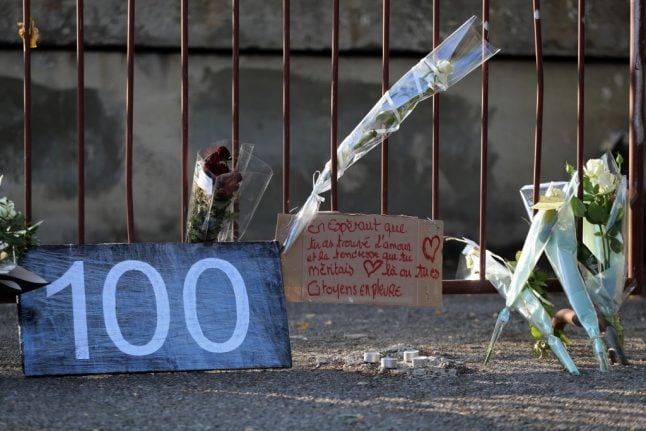The man, 37, killed his 27-year-old partner during a dispute in the northern port city of Le Havre on Monday as they were in the process of separation, prosecutors said in a statement late Tuesday. Their children, aged six, four and two, looked on.
“The accused confessed to what happened and said he acted out of fear that the victim would prevent him from seeing his children,” the statement said.
The mother died instantly and the man was arrested shortly afterward.
Police sources said the stabbing happened in front of a supermarket.
The accused has been placed in a detention and will appear before a judge who will decide on the charges.
Police already involved
Police had already intervened at the couple's home a week earlier, when the woman said she had fled through a window after being threatened by her partner
with a knife.
He was detained at the time but it was decided there was insufficient basis for further action.
According to government statistics, a total of 121 women were killed by their partner or former partner in France last year, equating to one death every three days.
The government of President Emmanuel Macron has embarked on a major consultation on domestic violence in order to stop femicide or gender-based murder and violence against women.
The problem has become all the more pressing following a new spate of such killings already this year.
According to French associations battling violence against women such as NousToutes and Fondation des Femmes, 106 women have mow been killed in such
crimes so far in 2019.



 Please whitelist us to continue reading.
Please whitelist us to continue reading.
Member comments